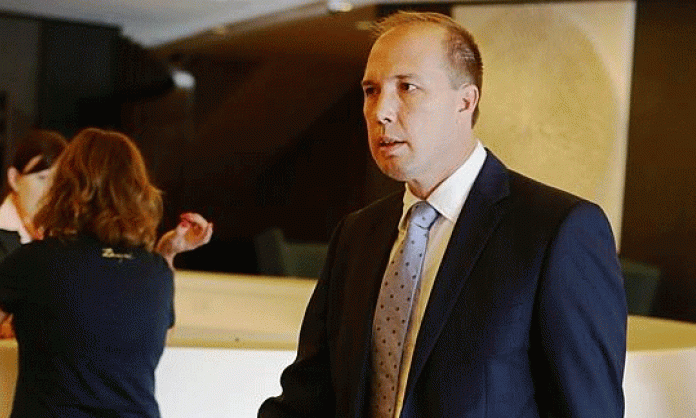Health minister Peter Dutton claims that the public health system is inefficient and unsustainable. Gutting Medicare and the Pharmaceutical Benefits Scheme isn’t enough to fix it. The federal government has also reneged on funding commitments, leaving the states to pick up the shortfall.
The Victorian Department of Health is already onto that, through its Health Workforce Reform Implementation Taskforce. One of its projects is to “reform” staffing in public hospitals. A report by Melbourne’s Grattan Institute claims that restructuring the workforce will save $430 million per year.
The recommended changes cover most hospital staff involved in direct care work: doctors, nurses and allied health professionals such as physiotherapists and occupational therapists. Despite claims that the changes would provide more satisfying jobs for workers, they’re actually all about pushing more patients through the hospital system as cheaply as possible.
The restructuring would mean that any tasks that can be performed by lesser qualified staff would always be assigned to those staff. We’re told that this would “free up” the professionals for more highly skilled patient care and management tasks. Given that an assistant’s pay is only around 60 percent of a health professional’s, it’s an obvious way to get tasks done on the cheap.
Already overworked professionals would be directed to work at their maximum level at all times, while their assistants would be asked to spend more of their time on tasks that were previously done by or with more highly qualified staff.
This already occurs in aged care. Often there is only one qualified nurse to monitor more than 30 residents, while the lesser qualified nurses and assistants do the care work. The same practices are starting to occur in public hospitals, if unofficially, due to the pressures associated with increased workloads and waiting lists.
Where there are extensive waiting lists for allied health services, the government is currently funding pilot projects to “train up” assistants to take on many of the tasks waiting for professional attention.
In time, more entry level jobs and relatively fewer higher paid professional positions will be created. Hospital workers will become more like cogs in the health care machine, rather than individuals contributing a unique set of skills to a health care team.
The professionals will no longer be able to monitor closely patients’ conditions and their response to treatments. This is likely to result in worse health care. For example, in the physiotherapy area where I work, I know of one patient who developed a pressure sore from ill-fitting equipment due to lack of skilled monitoring. Another patient lost mobility due to lack of skilled assistance to practise walking.
They call it “reform” – a word which ought to imply improvement. Let’s call it what it is – another attack on health workers and patients.










